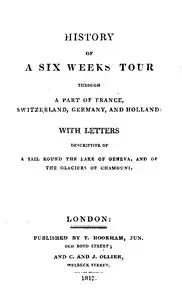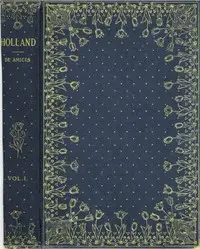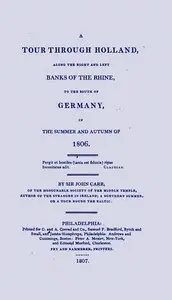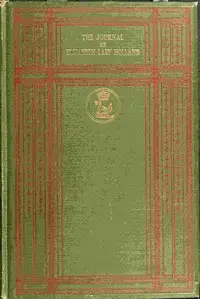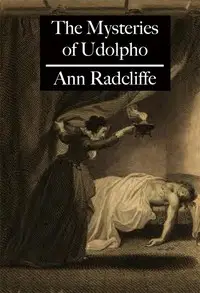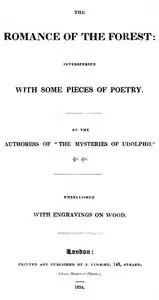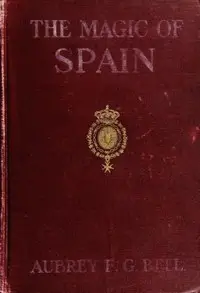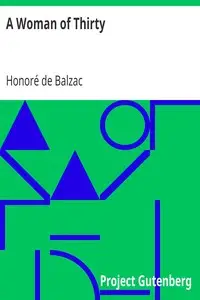"A Journey Made in the Summer of 1794, through Holland and the Western Frontier of Germany" by Ann Ward Radcliffe is a travelogue that captures the essence of late 18th-century Europe through the eyes of a keen observer. Following Radcliffe as she navigates Holland and parts of Germany, she vividly portrays the landscapes, architecture, and local customs, bringing to life the spirit of the era. From the moment of arrival in the Dutch town of Helvoetsluys, the descriptions unfold, inviting readers to immerse themselves in the sights and sounds of historical Holland. The struggles and successes of the Dutch people against the sea are brought to life in striking descriptions of land reclamation.

A Journey Made in the Summer of 1794, through Holland and the Western Frontier of Germany, with a Return Down the Rhine, Vol. 1 (of 2) To Which Are Added Observations during a Tour to the Lakes of Lancashire, Westmoreland, and Cumberland
By Ann Ward Radcliffe
Venture through 18th-century Holland and Germany with a traveler who captures the essence of a bygone era, painting vivid pictures of landscapes and local life.
Summary
About the AuthorAnn Radcliffe was an English novelist, a pioneer of Gothic fiction, and a minor poet. Her technique of explaining apparently supernatural elements in her novels has been credited with gaining respectability for Gothic fiction in the 1790s. Radcliffe was the most popular writer of her day and almost universally admired; contemporary critics called her the "mighty enchantress" and the Shakespeare of romance-writers, and her popularity continued through the 19th century. Interest in Radcliffe and her work has revived in the early 21st century, with the publication of three biographies.
Ann Radcliffe was an English novelist, a pioneer of Gothic fiction, and a minor poet. Her technique of explaining apparently supernatural elements in her novels has been credited with gaining respectability for Gothic fiction in the 1790s. Radcliffe was the most popular writer of her day and almost universally admired; contemporary critics called her the "mighty enchantress" and the Shakespeare of romance-writers, and her popularity continued through the 19th century. Interest in Radcliffe and her work has revived in the early 21st century, with the publication of three biographies.

